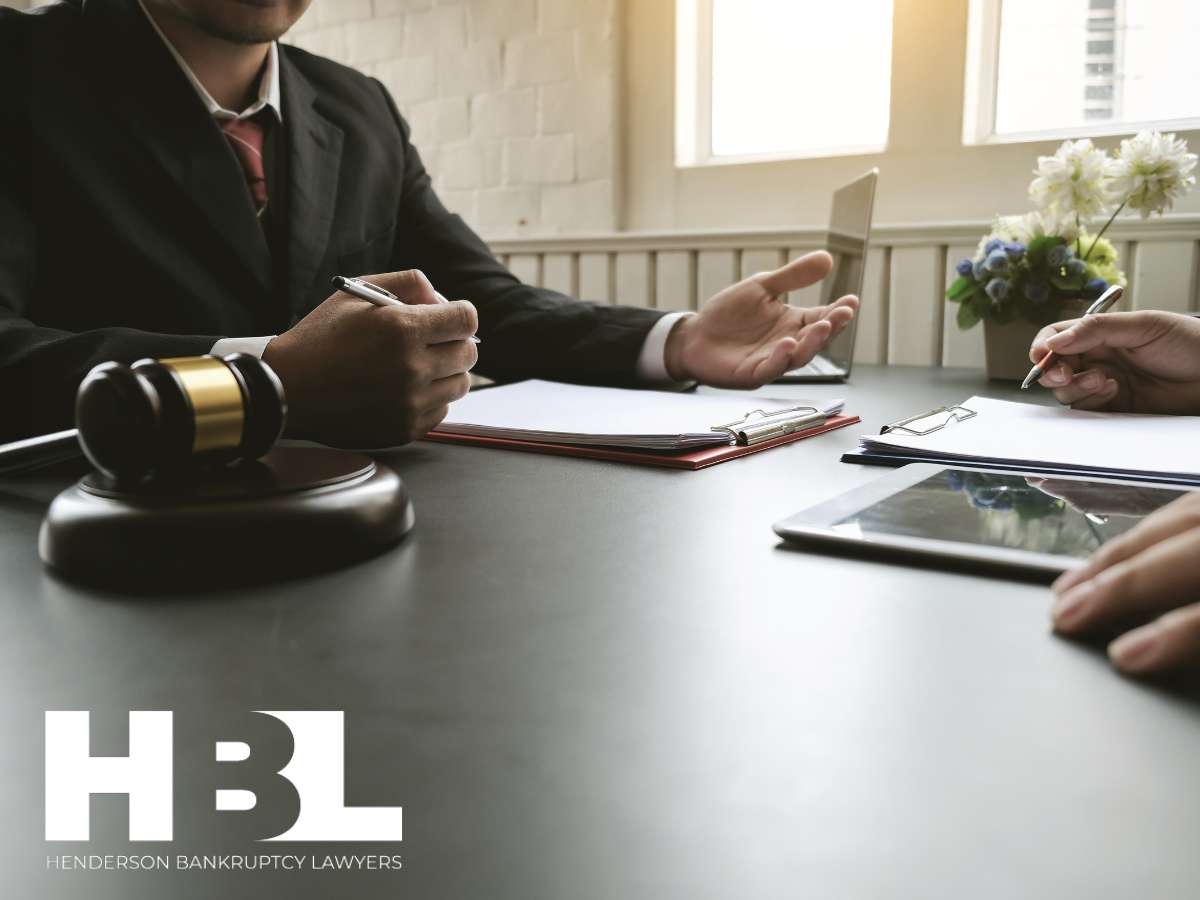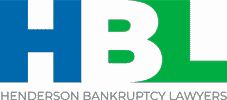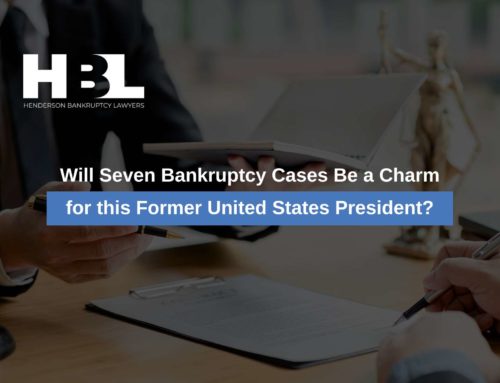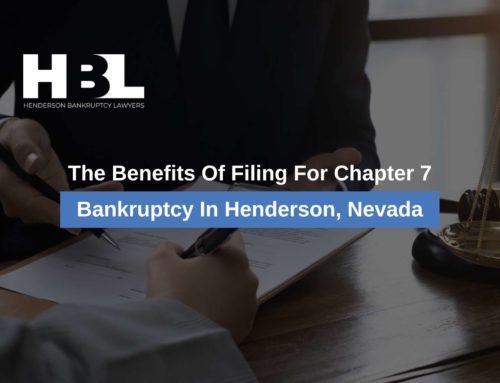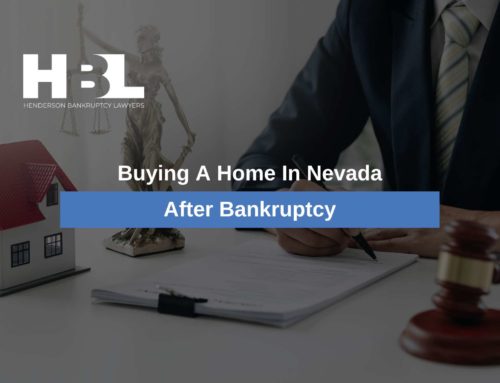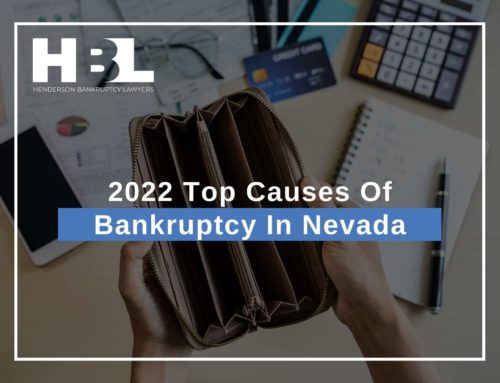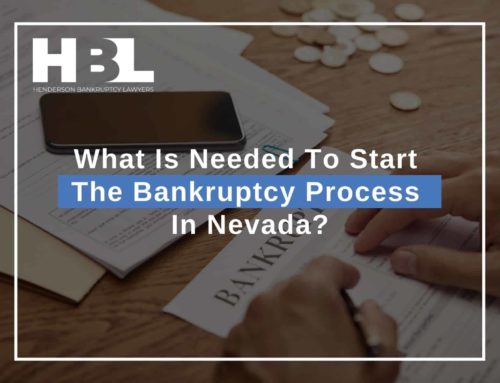Most people have had the experience of having to stretch a small amount of money until the next payday. Maybe you’ve also waited nervously for a purchase to be approved on a card when you’re unsure if you have enough in your account to cover it. Depending on how your bank account is set up, that purchase might be declined, or it will be approved but it will overdraft your account. In addition to bringing your account balance into the negative, this can come with an overdraft fee. Most banks charge overdraft fees of about $35. This isn’t an inconsiderable sum given today’s economy, especially since the people who are charged overdraft fees are usually already struggling financially. If you live in Nevada and are tired of being bogged down by expenses like overdraft fees, filing for bankruptcy could be the solution. For more information about your potential bankruptcy case, call 702-899-3328 for your free consultation.
How This Change Would Limit Overdraft Fees
The latest proposal by the Biden administration is targeted at large banks that charge their poorest customers hefty fees for not having enough money. The rule would apply to banks and credit unions that have at least $10 billion in assets. This is approximately 175 financial institutions in the United States, including big names like Wells Fargo and Chase. They take in a reported $9 billion per year in overdraft fees alone. This is approximately $280 billion in overdraft fees over the past 20 years. Only 8% of customers generate approximately 75% of overdraft fees. With hundreds of billions of dollars going into wealthy bankers’ pockets, the implementation of overdraft fee limits could slowly funnel more money back into the economy.
Biden’s plan has suggested multiple limits on how much banks can charge for overdraft fees, such as $14, $6, and even as low as $3. However, these changes won’t become effective until October 2025. For the average household that spends $150 per year on overdraft fees, these limitations could save a chunk of change.
As expected, banks are fighting back against these proposed restrictions. They argue that limiting overdraft fees limits their opportunity to provide customers with overdraft protection. However, this service used to be automatically included as a service with bank accounts to prevent people from writing bad checks. Now it is just a mechanism to help banks drive higher profits than they already earn.
Can Bankruptcy Help My Financial Situation?
If your checking account funds are low, you may be charged overdraft fees and insufficient account fund fees by your bank. If your credit card balance gets too high, you will be charged for interest, late fees, etc. All of these fees make it harder to get out of a financially vulnerable spot. If this causes you to fall behind on other payments, it will make your situation even worse. For example, if your bank account is in the negative and you are unable to make your car payment, your lender will repossess your vehicle. Legal fees and repossession fees can be added to your loan’s balance, leaving you with a repossession deficiency if your car doesn’t sell for at least the loan balance at auction. If you use your vehicle to get to work, it will overall be more difficult to earn your income. So while overdraft fees may seem insignificant, these are the types of expenses that can add up and create a real burden for financially strained customers. Eliminating them can help households that are struggling to get back on their feet.
An overdrafted bank account is a debt that can be cleared by filing for bankruptcy. In Chapter 7 bankruptcy, unsecured debts are wiped away so that the debtor can have a clean slate. Other debts that are commonly discharged by Chapter 7 bankruptcy include credit cards, medical bills, and taxes that meet certain requirements. In Chapter 13 bankruptcy, debts are reorganized into a payment plan that fully pays off legal fees, secured debts, and priority debts. Unsecured debts, such as an overdrafted bank account, may be cleared depending on the debtor’s disposable monthly income. A debtor must be able to prove they don’t have sufficient income to pay debts to qualify for Chapter 7 bankruptcy but must be able to prove they do have sufficient income to pay certain debts to qualify for Chapter 13 bankruptcy. To review your situation to determine which chapter of bankruptcy would be best, call 702-899-3328 for your free consultation.
The Automatic Stay
To understand how beneficial bankruptcy can be, it’s important to understand the automatic stay. The automatic stay is a key feature of bankruptcy that stops creditors from taking some actions against the debtor. Many debtors declare bankruptcy after receiving a summons from one or more of their creditors. Here, a summons is a notification that the creditor is suing the debtor to repay the balance owed. That balance may be increased by interest and legal costs. If the debtor doesn’t respond or present successful defenses against the alleged debt, the creditor will obtain a judgment against the debtor. Filing for bankruptcy can stop a lawsuit before the creditor obtains that judgment. If you’ve been sued by one of your creditors in Nevada, don’t hesitate to contact us for your free consultation at 702-899-3328.
It isn’t too late to benefit from bankruptcy if a creditor has already obtained a judgment against you. A bankruptcy filing can clear several types of judgments and also stop any collection attempts that the creditor might make using the judgment. The automatic stay will stop a wage garnishment before it begins or that is already in effect. It can also prevent a financial institution from executing a levy on its customer’s account. A bank account levy is similar to a wage garnishment, but instead of taking money from the debtor’s paycheck, the creditor will withdraw the debt directly from the debtor’s bank account.
There are many other benefits to filing for bankruptcy and activating the automatic stay. If you need protection from the automatic stay sooner than you can prepare a bankruptcy petition, you may need to consider an emergency bankruptcy filing. To speak to an experienced Nevada bankruptcy attorney about your situation, call 702-899-3328.
Stuck in the Cycle of Overdraft Charges? Learn More About Bankruptcy with Your Free Consultation.
Once you begin paying bank fees like overdraft charges, it can become a cycle that is difficult to escape. Bankruptcy offers some of the strongest protections against creditors but isn’t as effective when filed inaccurately. Thousands of bankruptcy cases in Nevada are dismissed each year due to mistakes and errors that could have been avoided with guidance from a skilled bankruptcy attorney. Bankruptcy doesn’t have to be complicated when you have experienced legal counsel to lead the way. Henderson Bankruptcy Lawyers offers innovative options that allow our clients to file for bankruptcy in Nevada in a way that is affordable with their budgets. To see if you qualify for a payment plan starting as low as zero dollars down, contact us through our online form or call 702-899-3328 to get started with your free Nevada bankruptcy consultation.
Henderson Bankruptcy Attorneys
1489 W. Warm Springs Rd., Ste. 110
Henderson, NV 89014
Phone: (702) 899-3328
Email: info@mylasvegaslawyers.com
